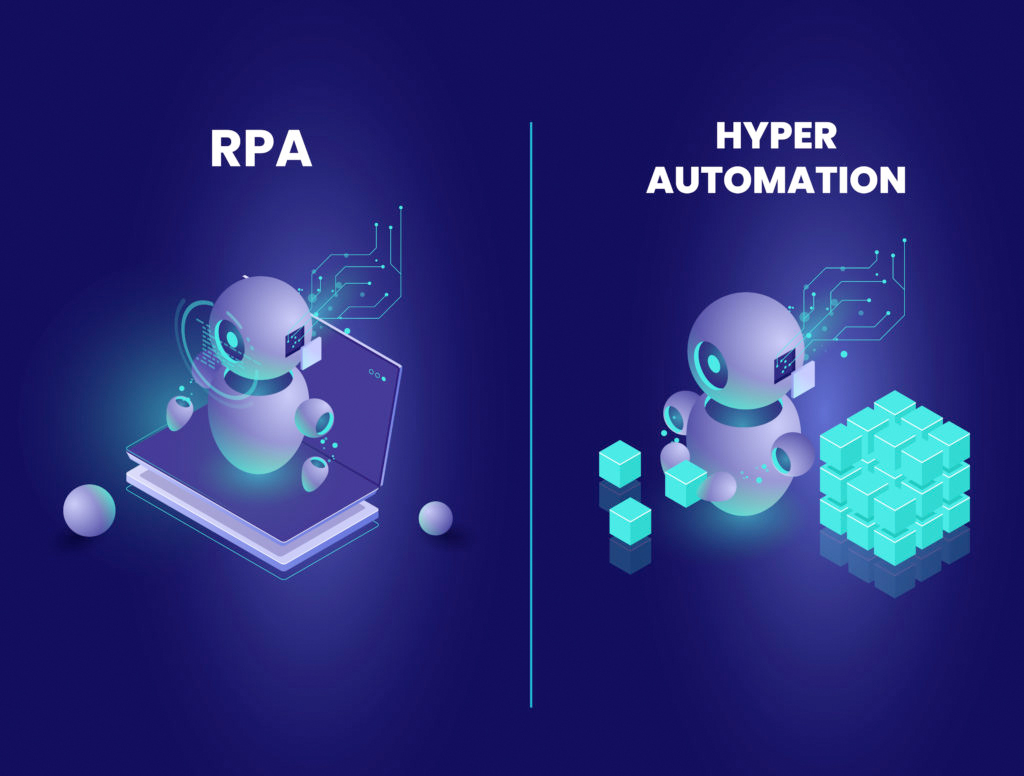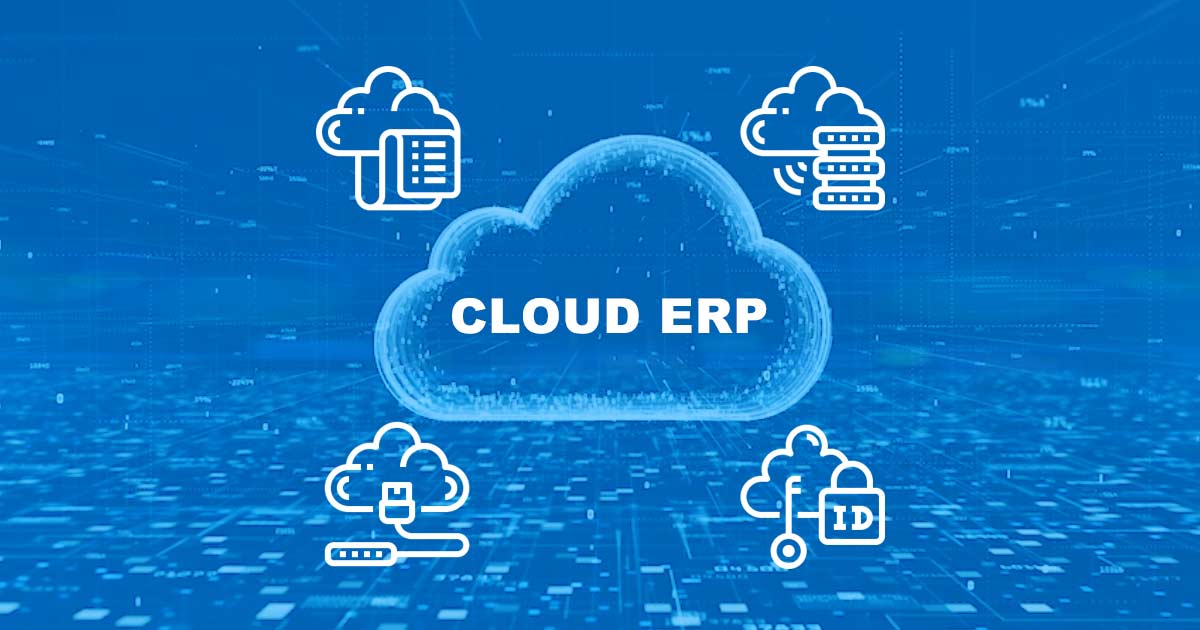Enterprise Resource Planning (ERP) software has evolved dramatically over the years, and in 2024, its scope continues to expand across industries. Integrating emerging technologies, an increased focus on user experience, and the need for more agile, scalable systems drive innovation. Here’s an overview of the latest trends in ERP software solutions and how they are shaping business processes today.
1. Cloud-Based ERP Solutions
Cloud ERP systems have become the standard for modern businesses. Companies are increasingly adopting cloud platforms due to their scalability, accessibility, and lower upfront costs.
- Flexibility & Accessibility: Cloud ERPs allow businesses to access critical data anytime, anywhere, enabling remote work and fostering collaboration.
- Lower Costs: Cloud services reduce the need for heavy upfront investments in IT infrastructure. Subscription models allow businesses to pay for what they need, scaling their ERP as they grow.
- Security and Data Protection: Providers are enhancing security protocols with encryption, multi-factor authentication, and continuous monitoring, making cloud-based ERP safer than ever before.
2. Artificial Intelligence (AI) and Machine Learning (ML) Integration
ERP systems are becoming more intelligent by incorporating AI and ML capabilities. These technologies are automating routine tasks, providing predictive analytics, and enabling smarter decision-making.
- Predictive Maintenance: AI and ML can predict equipment failures or production delays by analyzing historical data and real-time inputs.
- Automation: Tasks such as invoice processing, order management, and HR workflows are increasingly automated, reducing manual work and human error.
- Enhanced Analytics: AI-powered ERPs provide advanced insights, including sales forecasts, customer behavior predictions, and financial trends, helping businesses optimize strategies.
3. Mobile ERP

With the workforce becoming more mobile, there’s growing demand for ERP systems that function seamlessly on smartphones and tablets.
- Real-time Access: Mobile ERP applications offer real-time data access, ensuring that employees can manage workflows, view reports, and complete tasks on the go.
- Ease of Use: Mobile-optimized interfaces and dashboards are improving user experience, making it easier for teams to navigate and utilize ERP functionalities from anywhere.
4. Industry-Specific ERP Solutions
Rather than opting for one-size-fits-all solutions, businesses are turning to industry-specific ERP systems that cater to their unique needs. These solutions are designed to handle the complexities of specific sectors, including manufacturing, retail, healthcare, and education.
- Tailored Modules: For industries like construction or healthcare, ERPs offer specialized modules, such as project management tools or compliance tracking, that are essential for their operational needs.
- Regulatory Compliance: Industry-specific ERP systems are designed to stay compliant with the regulations governing each sector, ensuring that businesses meet their legal requirements.
5. Integration with IoT (Internet of Things)

The integration of IoT with ERP systems is transforming supply chain management, asset tracking, and production processes.
- Real-Time Data Flow: IoT devices provide real-time data about production, inventory, and equipment performance, enabling businesses to track and optimize processes more effectively.
- Predictive Analytics: By analyzing IoT data, ERP systems can predict equipment failures, optimize maintenance schedules, and improve overall productivity.
6. ERP and Data Analytics Convergence
ERP solutions are being combined with advanced data analytics platforms to enhance decision-making and strategic planning. Companies are utilizing ERP data to uncover actionable insights that can drive performance improvements.
- Big Data Integration: Modern ERPs can process and analyze large datasets from multiple sources, enabling businesses to identify trends and optimize resources.
- Self-Service Analytics: ERP users can now leverage self-service analytics tools, empowering non-technical staff to generate reports and insights without needing IT support.
7. Sustainability-Focused ERP
As sustainability becomes a priority for businesses, ERP vendors are integrating tools that help organizations measure and manage their environmental impact.
- Carbon Footprint Tracking: ERPs are helping companies track emissions, resource usage, and waste, allowing them to meet sustainability goals and comply with environmental regulations.
- Supply Chain Transparency: Modern ERPs enhance visibility across the supply chain, ensuring that sustainable practices are followed at every step.
8. Hyperautomation and RPA (Robotic Process Automation)

Hyperautomation involves automating as many business processes as possible, using technologies like AI, ML, and RPA to increase efficiency.
- Seamless Automation: By integrating RPA into ERP systems, companies can automate repetitive tasks such as data entry, reducing costs and increasing productivity.
- Enhanced Efficiency: RPA in ERP leads to faster processes, fewer errors, and the ability to redeploy human resources to higher-value tasks.
Conclusion
ERP software solutions in 2024 are more advanced, adaptable, and intelligent than ever before. The ongoing integration of technologies like AI, IoT, and cloud computing is driving the evolution of ERP systems, ensuring they meet the growing demands of modern businesses. As these systems continue to evolve, the focus remains on improving business processes, enhancing decision-making, and enabling companies to remain agile in a rapidly changing world.
Companies looking to stay ahead must keep pace with these trends, adopting ERP solutions that not only streamline operations but also drive innovation and growth.


